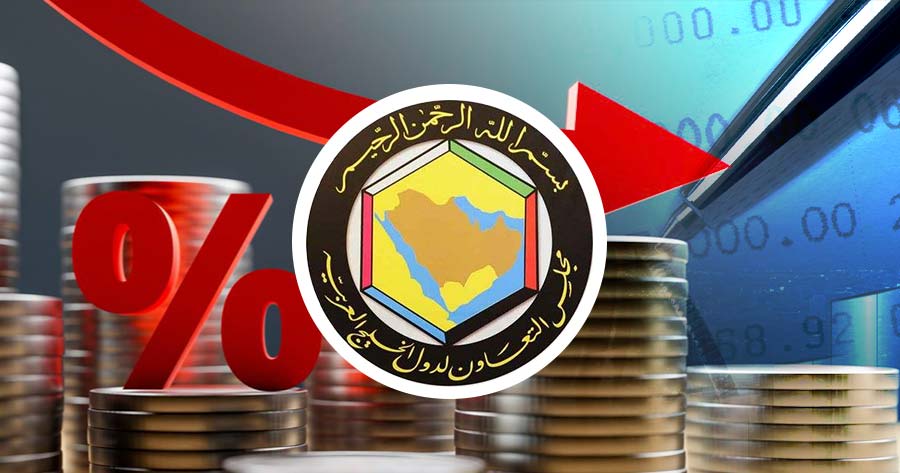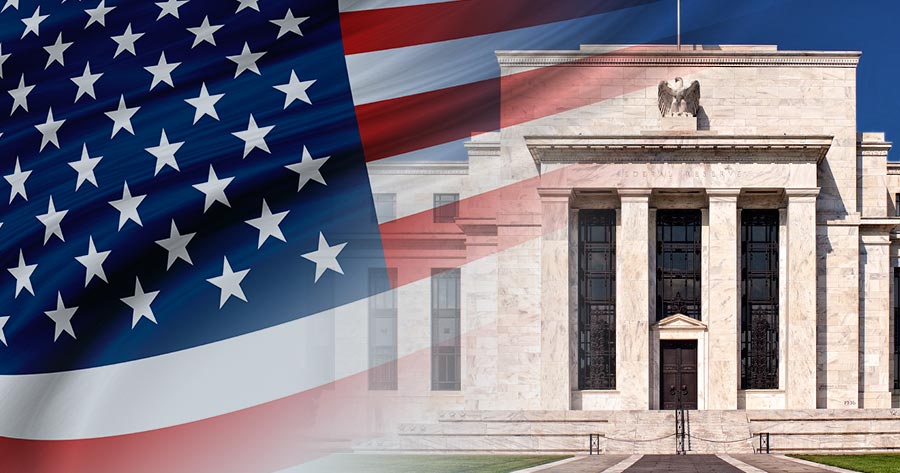The U.S. Federal Reserve reduced its interest rate by 25 basis points, prompting most Gulf Cooperation Council (GCC) central banks to lower their key rates.
The Fed’s decision followed indications of a cooling job market, while inflation continued its approach to the 2% target. Most GCC currencies, with the exception of the Kuwaiti dinar, are tied to the U.S. dollar, leading the oil and gas exporters to often align their rate decisions with the Fed’s moves.
Vijay Valecha, chief investment officer at Century Financial, stated that lower rates could support growth in sectors sensitive to credit conditions, such as real estate and domestic spending, bolstering resilience in the broader economy.
Saudi Arabia, the region’s largest economy, reduced its repurchase agreement (repo) rate and reverse repo rate to 5.25% and 4.75%, respectively. The United Arab Emirates also adjusted its base rate on the overnight deposit facility to 4.65%. In Qatar, the central bank cut its three main interest rates by 30 basis points, while Bahrain’s central bank reduced its overnight deposit rate by 25 basis points.
A recent Reuters poll forecasts that the GCC’s largest economies will experience accelerated growth next year, while inflation is expected to remain subdued, with median projections ranging from 0.8% to 3.0%.





